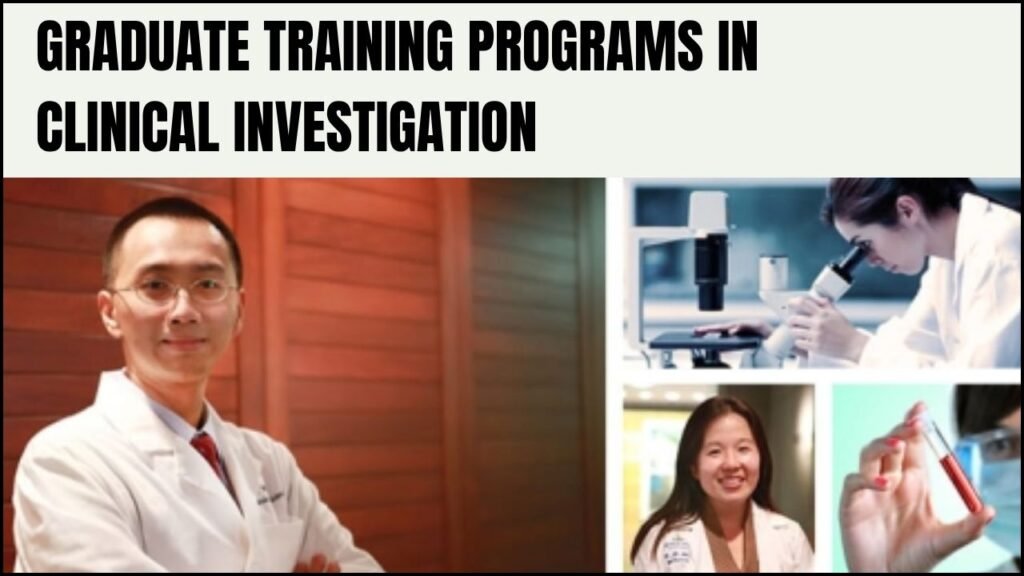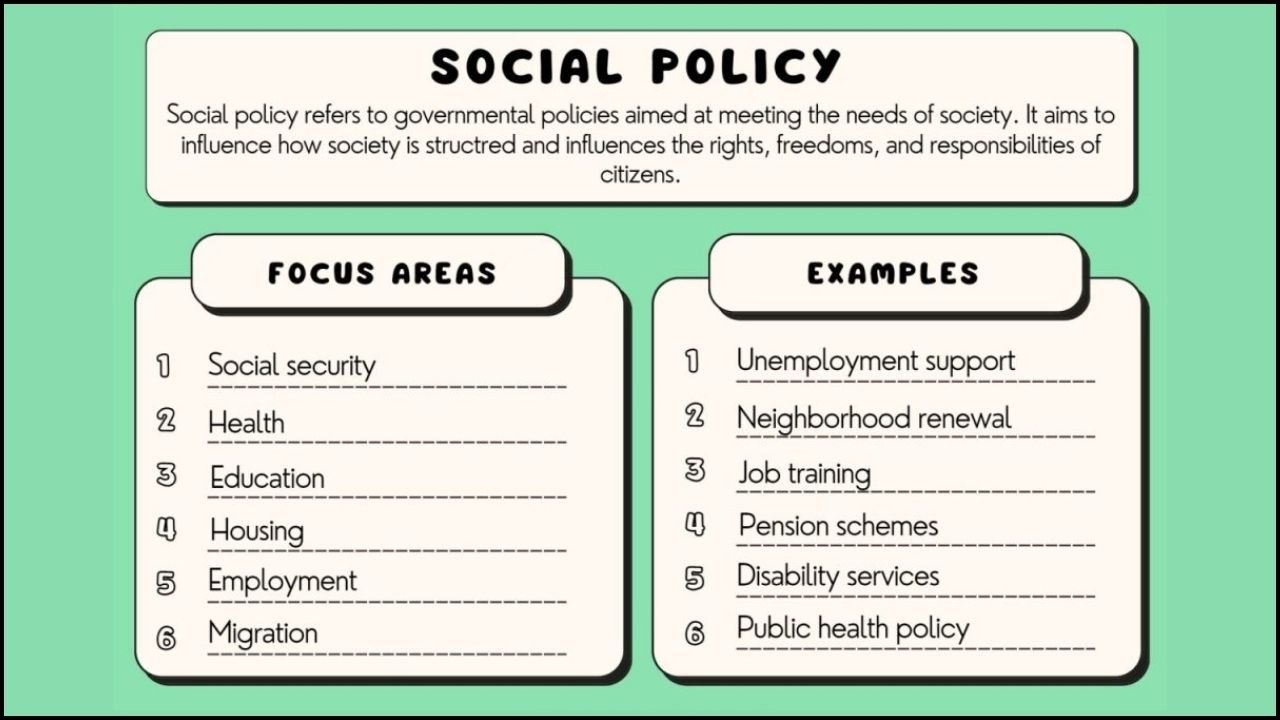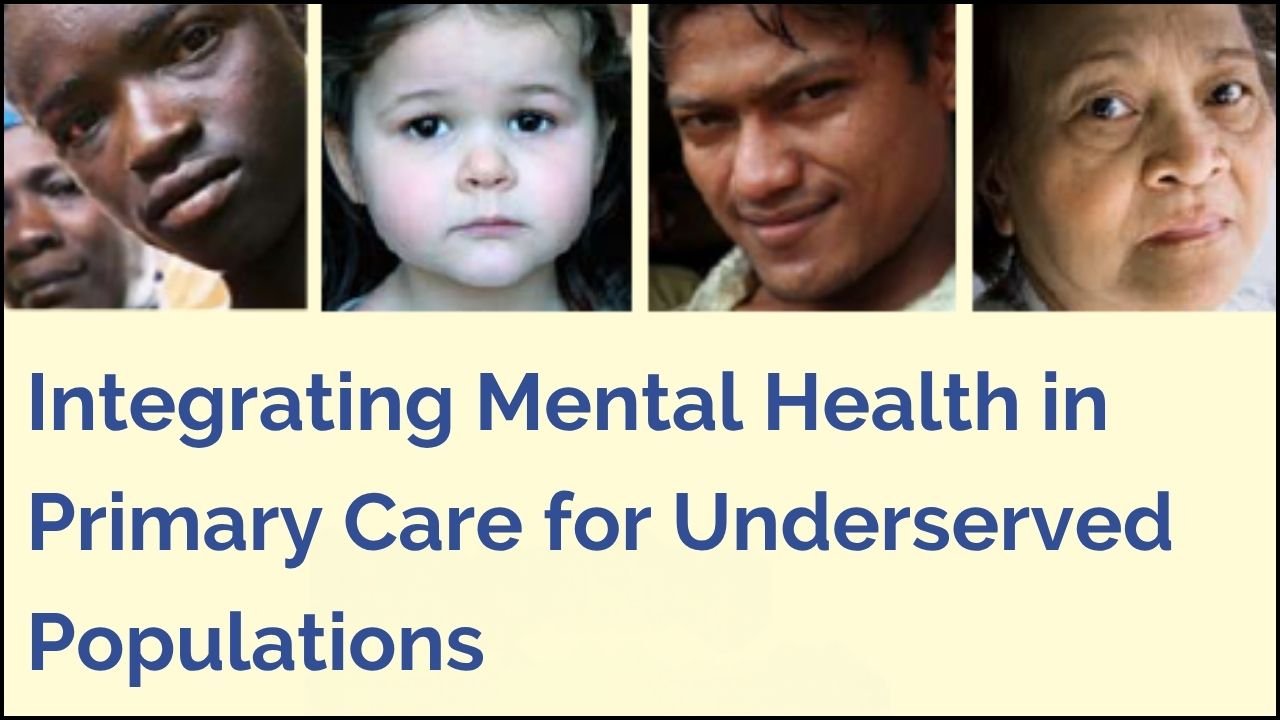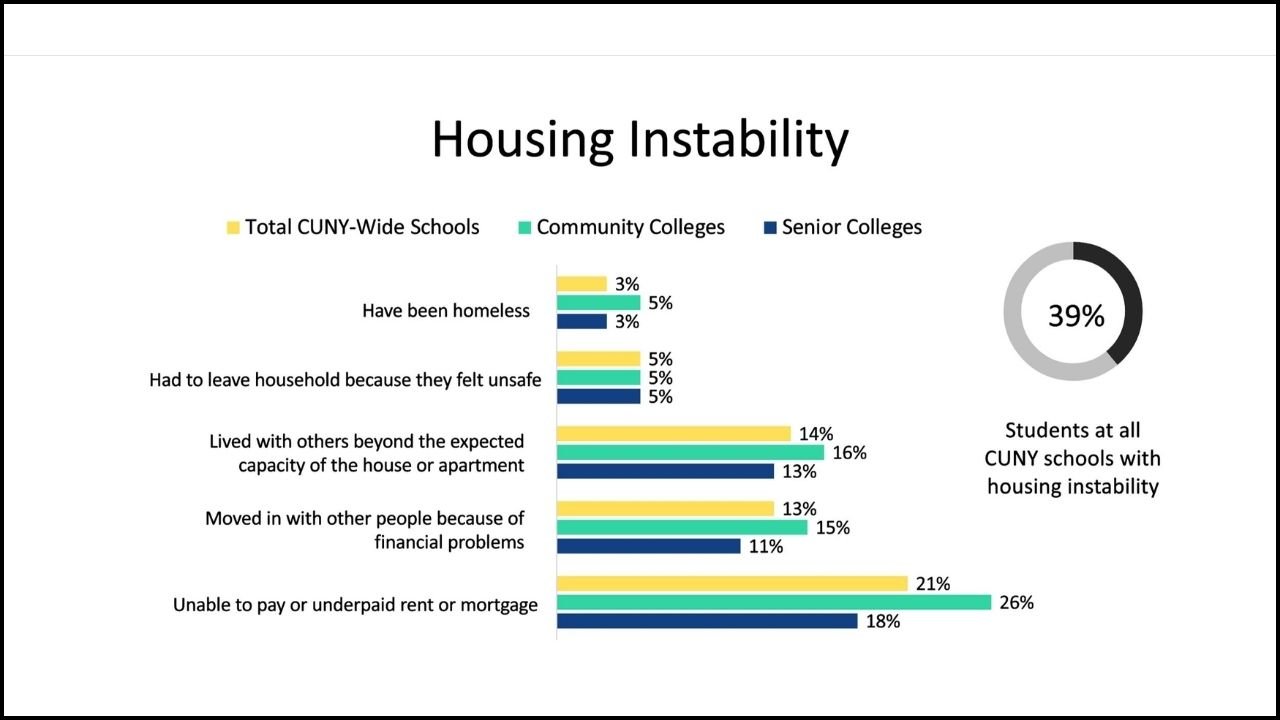
The Graduate Training Programs in Clinical Investigation (GTPCI) at Johns Hopkins represent a pioneering effort to prepare clinicians for advanced roles in clinical research. Designed to meet national and institutional demands for skilled clinical investigators, GTPCI is a collaborative initiative between the Johns Hopkins Bloomberg School of Public Health and the School of Medicine. This program offers structured training for healthcare professionals who are involved in clinical research with human participants.
Table of Contents
Origin and Purpose of GTPCI
- Program Creation
GTPCI was established in 1992 and welcomed its first class in 1993. - Initial Need
A 1989 survey by a Task Force in the Department of Medicine revealed significant gaps in clinical research training. - Key Findings
Most postdoctoral fellows expressed their desire for structured training in clinical trials, ethics, and biostatistics. - National Context
Concerns about the shortage of qualified clinical investigators also emerged on a national level, prompting institutional action.
Core Objectives of GTPCI
- Professional Training
GTPCI trains clinicians to become well-rounded clinical scientists. - Skill Development
The program focuses on research design, trial implementation, ethics, data analysis, and the use of emerging technologies. - Flexible Education
GTPCI allows students to tailor their education based on their academic and professional interests.
Academic Pathways Introduced in 2023
In response to the growing complexity of clinical research, GTPCI launched four specialized academic tracks in 2023. These pathways are designed to provide customized learning experiences aligned with modern scientific developments.
| Academic Pathway | Focus Area |
|---|---|
| General Clinical Investigation | Covers broad topics like clinical trial design and execution |
| Disease Oriented Studies | Focuses on specific illnesses and their clinical research methods |
| Data Science | Includes modern tools like machine learning and AI |
| Health Services Research | Investigates healthcare systems, patient outcomes, and policy |
Target Audience for GTPCI
- Faculty Members
Faculty working with clinical trials or human subject research. - Postdoctoral Fellows
Fellows who aim to specialize in clinical investigation. - Allied Health Professionals
Professionals who support or conduct research in medical institutions.
Essential Skills Taught
- Clinical Trial Design
Students learn how to create strong research protocols. - Biostatistics
Training in statistical methods for analyzing clinical data. - Ethics of Human Research
Understanding the ethical principles involved in working with patients. - Data Management
Techniques to organize, handle, and interpret data effectively. - Diagnostic Techniques
Exposure to innovative methods for examining human diseases.
Academic Degrees Offered
GTPCI provides multiple academic routes depending on professional goals and institutional affiliation.
| Program Name | Details |
|---|---|
| Doctor of Philosophy (PhD) | Designed for individuals with a current postdoctoral fellowship or junior faculty role at Johns Hopkins. |
| Master of Health Science (MHS) | A nine-month, coursework-only program that does not require research or a Johns Hopkins affiliation. |
| SOCI (Science of Clinical Investigation Training Program) | Offers focused training on practical and theoretical aspects of clinical research for clinical scientists. |
Program Outcomes
- Academic Careers
Many graduates become faculty members in top universities. - Independent Investigators
Alumni work independently in medical, pharmaceutical, or regulatory institutions. - Public Health Contributions
GTPCI graduates often contribute to government agencies, public health departments, and nonprofit research initiatives.
Advantages of Joining GTPCI
| Benefit | Explanation |
|---|---|
| Prestigious Training | Joint program by two world-renowned institutions – BSPH and SOM. |
| Practical Knowledge | Courses based on real-world challenges in clinical investigation. |
| Career Flexibility | Graduates succeed in academia, government, industry, and healthcare policy. |
| Modern Curriculum | Includes contemporary topics like artificial intelligence and health data science. |
| Community of Experts | Students join a network of experienced clinical researchers and mentors. |
Course Structure and Delivery
- Customizable Curriculum
Each academic track allows flexibility to choose relevant subjects. - Interdisciplinary Teaching
Classes are taught by faculty from both the School of Medicine and the School of Public Health. - Hands-on Learning
Emphasis on applying theory to actual clinical research projects. - Capstone Projects
Some pathways involve a final project that demonstrates a student’s research capabilities.
Application Information
| Program | Eligibility | Application Notes |
|---|---|---|
| PhD in Clinical Investigation | Must have a Johns Hopkins postdoc or junior faculty role | Requires a research proposal and departmental support |
| MHS in Clinical Investigation | Open to external candidates | No research component; open to non-Hopkins applicants |
| SOCI Program | Clinical professionals with research interest | Offers part-time and modular learning |
Future Vision of GTPCI
- Expansion of Digital Tools
GTPCI plans to further integrate AI, machine learning, and health informatics into training. - Collaborative Research
Students are encouraged to join multidisciplinary projects across Hopkins and other research networks. - Global Outreach
GTPCI aims to develop training modules adaptable for use in other countries and institutions.
Final Analysis
The Graduate Training Programs in Clinical Investigation at Johns Hopkins represent a bold response to long-standing gaps in clinical research education. By combining rigorous academics with practical experience, GTPCI empowers clinicians to lead innovative research, improve patient outcomes, and shape the future of healthcare. This structured and flexible program ensures that graduates are well-equipped to meet the growing demands of the clinical investigation field.





